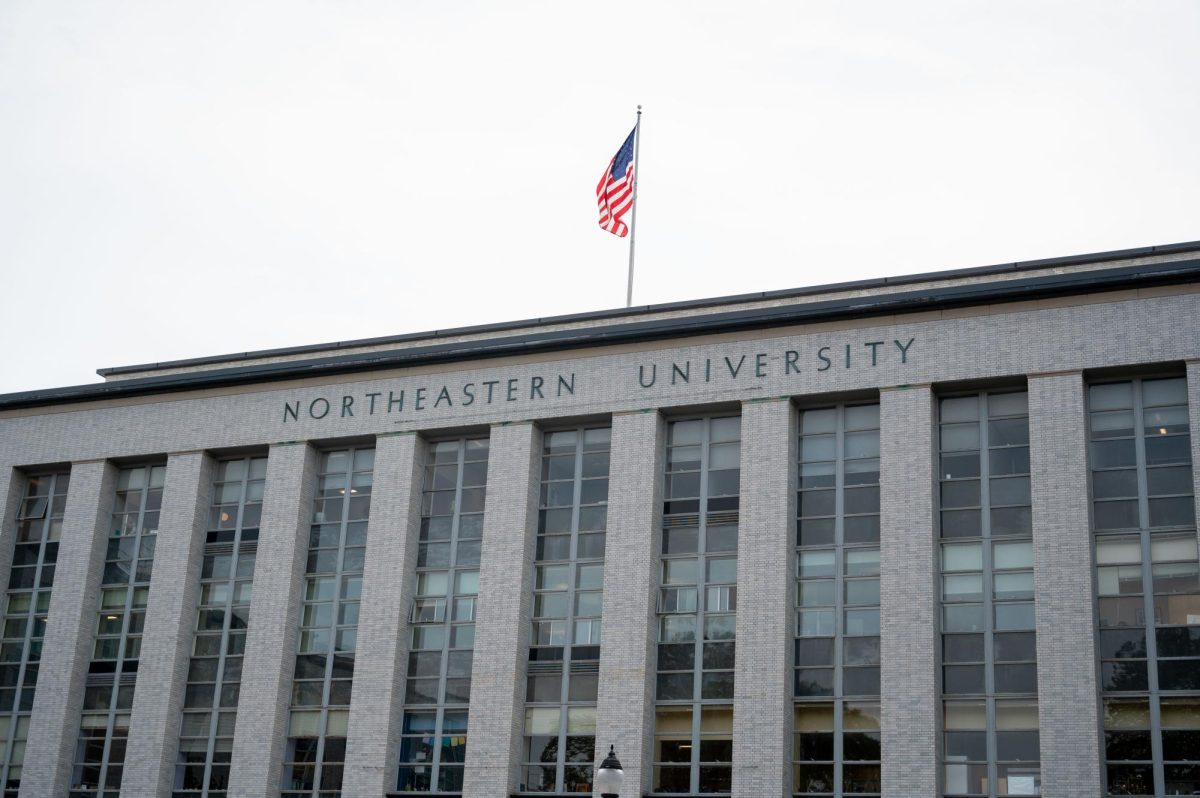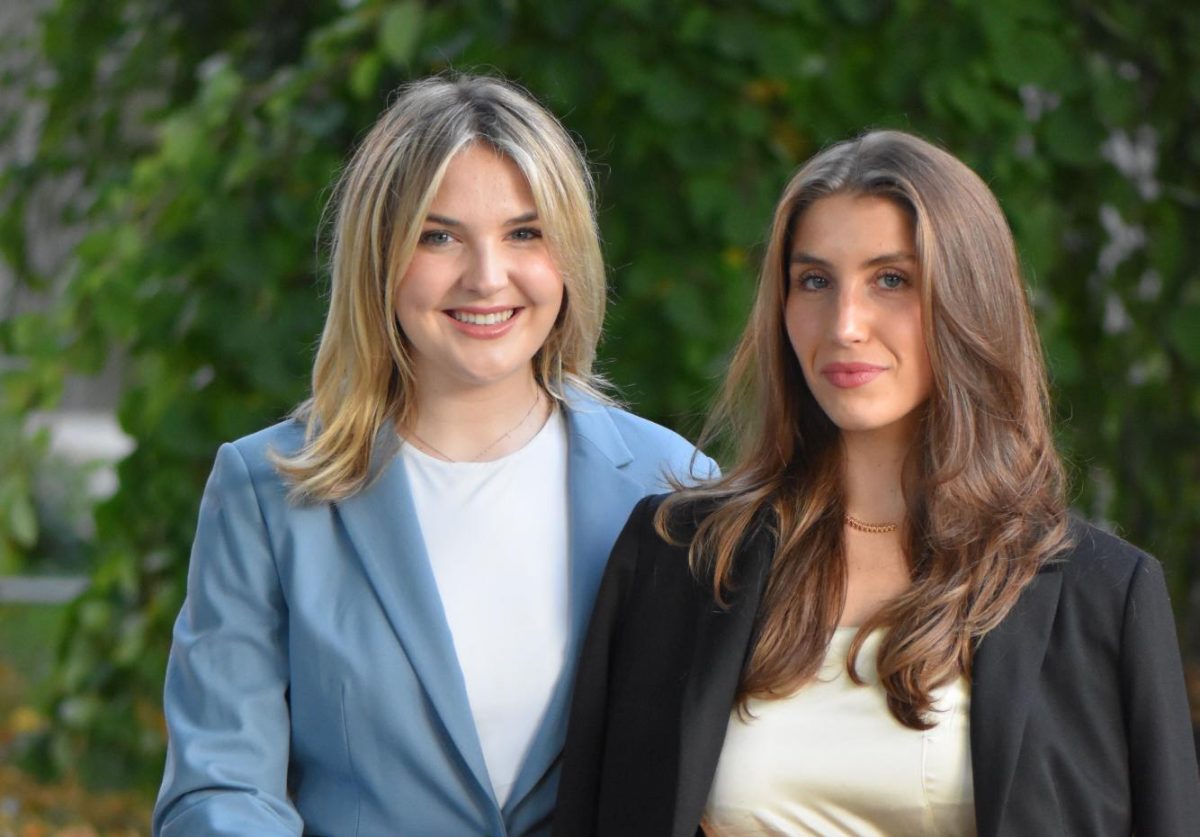To celebrate diversity week, students marched from the John D. O’Bryant African American Institute to the Krentzman Quadrangle Thursday carrying 29 flags to represent all of the Spanish speaking countries in the world, as well as America and Brazil.
The annual event, which started about 10 years ago to protest Columbus Day, was also held to remind the student body, as well as the administration, that there is a strong population of Latin Americans at Northeastern.
“The parade of flags displays a community of Latinos together,” said Gilberto Osorio, a senior political science major and president of the Latin American Students Organization (LASO). “It shows the richness of the cultures.”
According to Osorio, the parade starts in front of the African American Institute to symbolize “the relationship between Latin American and African American students.”
LASO was started in 1988, and was originally called the Puerto Rican Student Association, but changed its name in 1990 to represent all students of South and Central America as well as the Caribbean. The parade of flags is just one of the events the group and its members take part in.
“It is a historical event for LASO,” said Jorge Sanchez, a senior criminal justice major and former president of the group. “I am proud to be a fifth-year member of the organization and I am so proud that the organization continues to grow.”
The parade of flags also takes place during Latino Heritage month, which is held every October to bring awareness to Northeastern about Latino culture — a population of students that, according to the LASO Web site, does not exceed a percentage higher than the single digits on campus.
Participants ended the parade in Krentzman Quad, donning the flags that they were carrying as cloaks and dancing to the Latin music that was playing awaiting their arrival.
“Although the parade was originally started to protest Columbus Day,” said Nadine Yaver, a middler criminal justice major and vice president of LASO, “ultimately, its purpose is to celebrate our heritage.”
For more information on LASO, visit their Web site at dac.neu.edu/laso.










